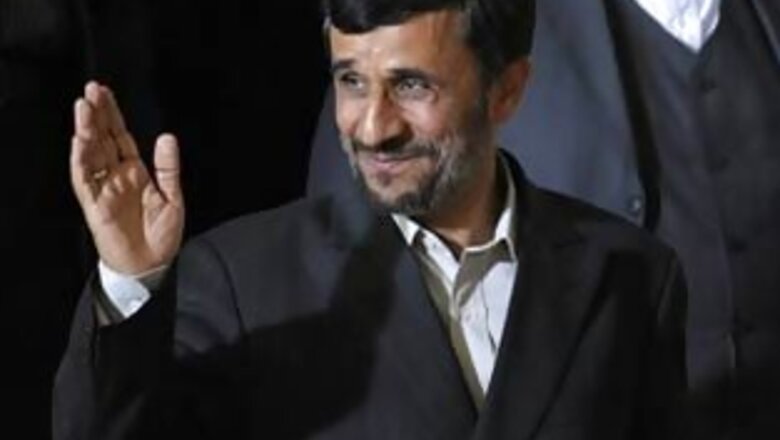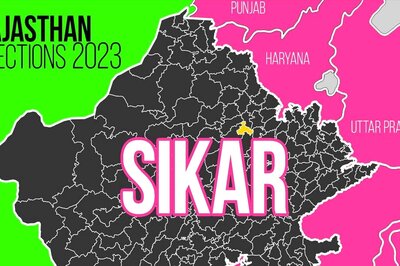
views
The week's deadly suicide bombing in Iran, which targeted the Revolutionary Guards, has received considerable media coverage. Much of it has focused on the significance of the event for the Iranian regime, and the possible role of outside powers in the suicide attacks and a general campaign of destabilisation of the Islamic Republic.
But on another level, there's the ethnic-sectarian issue to consider, and to put it bluntly, the dangerous implications for Sunni-Shiite relations.
Jundallah is the group believed responsible for the attack in the eastern province of Sistan and Baluchistan, which happens to be religiously Sunni, ethnically Baluchi, and very poor.
In one sense, the attack was a case of regime versus armed militant group, but we can't forget the Sunni-Shiite divide, in this case mirroring an ethnic split.
While there are several reasons for why groups like Jundallah exist, the pertinent point for us is how to be on guard against attacks that are widely seen as reflecting sectarian tensions and anger.
Such attacks are unlikely to upset the balance of power in Iran, where the Revolutionary Guards remain dominant. In such situations, the authorities can decide that politics should be about "security," which places keeping the internal peace, rather than opening to the outside world, as the top priority.
But even a few such incidents can spark similar violence elsewhere. We sit on a powder keg, in this region of frustrated youth and others who can easily be swept up into copycat violence in other countries.
In Lebanon, Sunnis and Shiites should be careful and monitor these worrying developments, especially because the two sects have enjoyed less than satisfactory relations in recent years.
The country's other communities should take note as well, and prevent their fellow Lebanese from getting swept up any further in the rising tension that plagues our part of the world.
There are clear implications for our politicians, who should remember to be restrained in their acts and deeds. They're often contacted by the media to appear in forums of discussion of such events. They must ensure that we don't see any stoking of the flames of sectarian incitement. The attack in Iran might involve political, social and economic factors, and not religion per se. But events on the ground escalate and things can spin out of control, as the sectarian spin on things gains prominence.
In any case, the Lebanese have been there, and paid the price. We've experienced bloody events and are shaken by their destructiveness, only to find them meaning nothing in the end.
No one in the region, at the popular level, is made happy by outbreak of sectarian violence in Lebanon. We have just as much reason to be worried by its popping up elsewhere in the region.



















Comments
0 comment